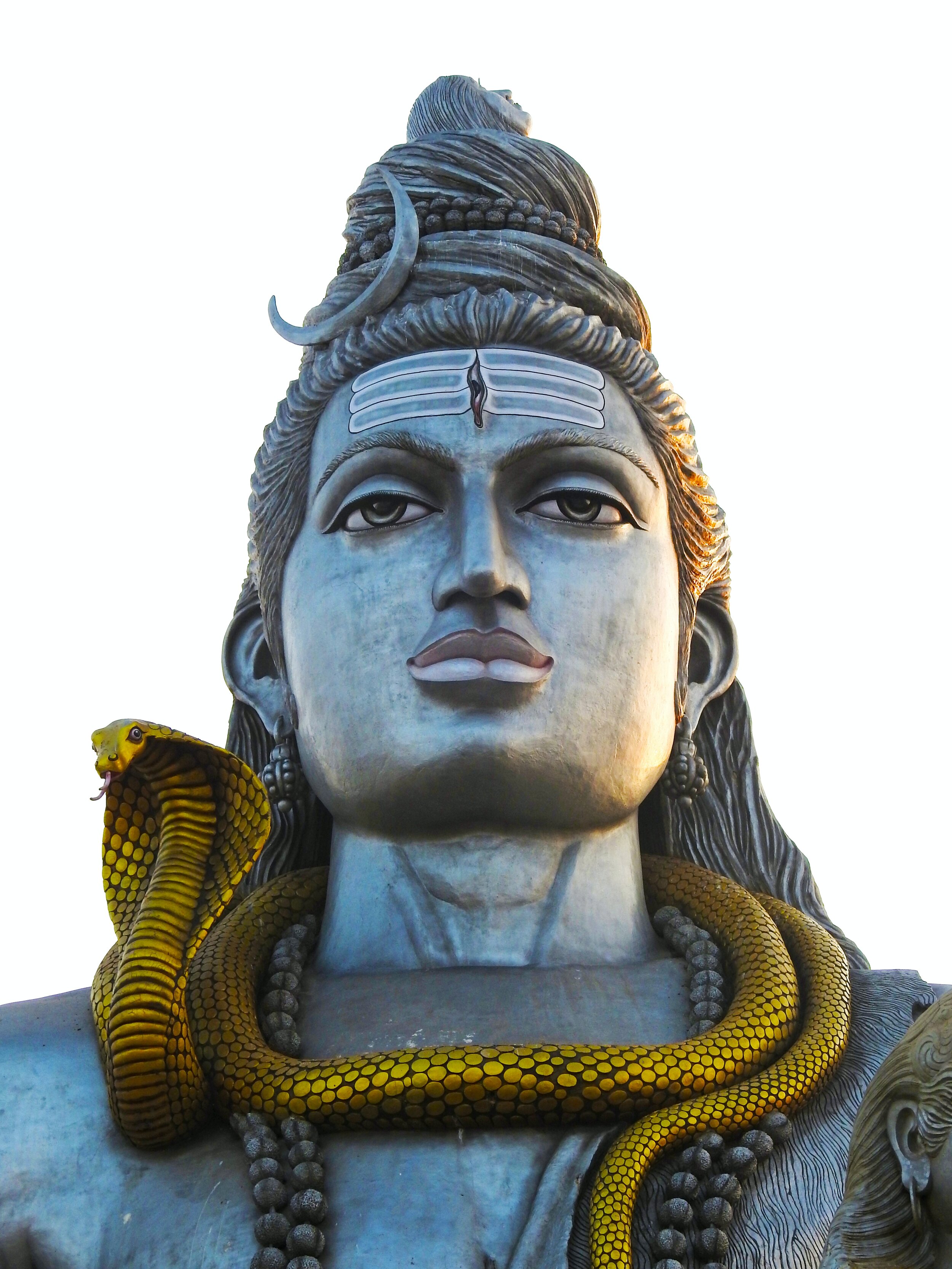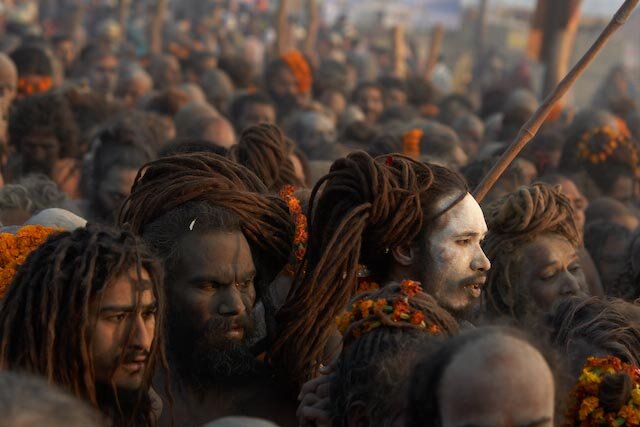3 Ways Hinduism Influences Cannabis Culture in India
We’re all familiar with cannabis, or as it is commonly referred to in India, ganja.
But as we travel far and wide, we must be mindful of the varying laws and cultural differences surrounding the plant. For example, over the past decade, an increasing number of Americans have shown support in favor of legalization - with 11 fully legal states, including Washington D.C. However, in India, cannabis is just scratching the surface of re-legalization after being prohibited for nearly 35 years.
Cannabis use is openly accepted in some states, while strictly shunned / prohibited in others, causing a huge double standard in the country, as cannabis is deeply rooted in their culture through medicinal, spiritual, and ayurvedic practices - many of which are related to Hinduism, or influenced by the religion.
Continue reading for a list of some of the most fascinating ways Hinduism influences cannabis culture in India.
Lord Shiva
Photograph by Spoortesh Honey.
Shiva is the third god in the triumvirate. And although he is the most complex, he is also believed to be the most powerful. He is associated with bhang (not cannabis explicitly), as he is said to have adopted marijuana as a part of his diet to both relax, and help focus on meditation, as he creates, protects and transforms the universe - a nod to bhang’s many medicinal properties.
Bhang
Currently, bhang is the only legal form of cannabis in the country (and restrictions still in certain areas). If you’re unfamiliar with bhang, its essentially an edible mixture of the buds, leaves, and flowers of the female cannabis plant (because the male cannabis plant does not get you high), that is then made into food or drink. The mixture has been used in India since at least 1000 BC, and was made popular through its association with Shiva. It continues to be widely consumed in today’s society, especially during spiritual and religious ceremonies, such as Holi.
As the only legal form a cannabis in the country, bhang and Hinduism play a large role in the history of cannabis culture in India.
The Aghori
Via http://desinema.com/.
Aghoris are a nomadic tribe of people who believe that we are all incarnations of Lord Shiva, only covered by the earthly bonds of sensual pleasure, anger, greed, obsession, fear and hatred. These devout followers of Shiva practice rituals associated with cannibalism, animal and human sacrifice, that date back to the 5th century AD. These rituals and practices are believed to remove these “earthly bonds”, as Aghoris seek liberation from the reincarnation cycle by trying to attain enlightenment through self-realization.
Furthermore, they follow very simple rules, believe that everything is holy, and that since the universe resides within, nothing can defile you (a much different spin on purity than traditional Hindu sectors). Due to this belief, many Aghori drink and smoke (in some cases cannabis, but in most cases opioids) heavily. In some states where cannabis is frowned upon, “ganja” is associated with the Aghori.
Their lifestyle is quite complicated and hard to wrap your head around, especially it you’re from the western world. Because of their extreme unorthodox ways, some view them as monks, others believe they practice magic, while many simply believe they are crazy.
Cover photo via sensiseeds.com: “Bhang Ki Thandai is a drink made with milk and cannabis paste, and is consumed for the annual festival of Shiva, “Lord of Bhang”, primarily in India and Bangladesh.”

